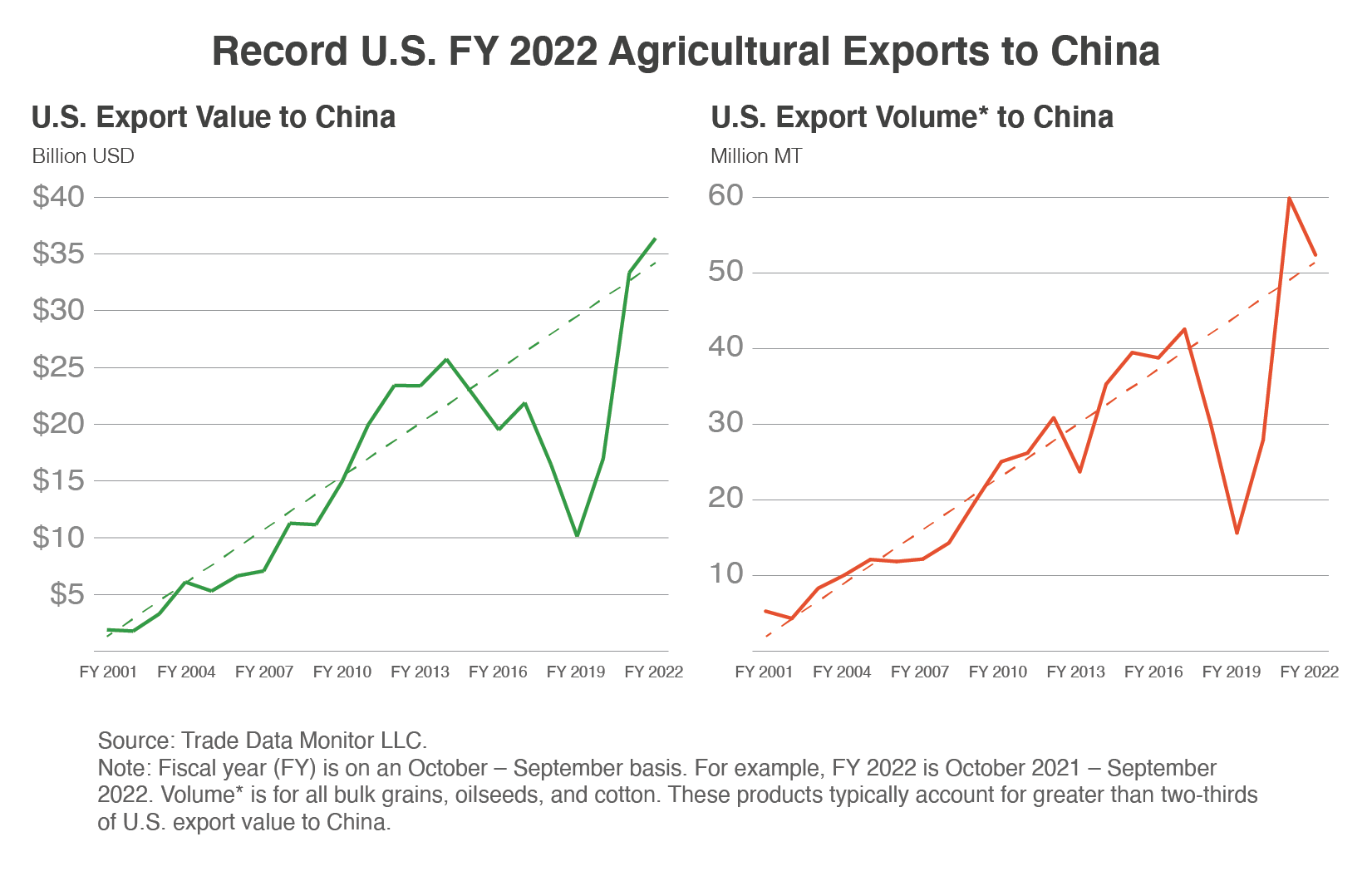Trade Framework Favors Corporations Over Workers
The recently announced trade framework between the U.S. and China raises alarming questions about who truly benefits from these negotiations. As reported by Reuters, the framework seeks to ease tech restrictions and facilitate rare earth exports, but at what cost to American workers? While corporate giants may rejoice over the rollback of tariffs, millions of workers stand to suffer in silence.
Rare Earths Are a Bargaining Chip
According to The Conference Board, rare earth materials are crucial to modern technology and industry. The recent trade agreements indicate that both the U.S. and China view them as vital bargaining chips. This perspective neglects the human cost of these negotiations, particularly for workers involved in the extraction and production of these materials. Labor in both countries deserves fair treatment, yet it seems the focus remains on corporate profits and geopolitical maneuvering.

Record U.S. FY 2022 Agricultural Exports to China | USDA Foreign ...
Corporate Handouts While Workers Struggle
The U.S. government"s decision to cancel a range of existing restrictive measures against Beijing illustrates a troubling trend of prioritizing corporate interests over those of laborers. As President Trump stated, "we just signed with China yesterday," signaling a commitment to large-scale deregulation that could undermine American jobs. This approach mirrors the priorities of a corporate elite that has long profited from exploiting cheap labor, while American workers face stagnant wages and job insecurity.
Impacts on American Jobs and Economic Justice
The implications of this trade agreement are far-reaching. With corporate interests at the forefront, American workers could see their jobs shipped overseas and their wages suppressed. A report from the Economic Policy Institute highlights that trade deals often exacerbate income inequality, disproportionately affecting low and middle-income workers. The promise of job growth in the tech sector is often overshadowed by the reality of job losses in manufacturing and other traditional industries.

Malaysia to ban export of rare earths to boost domestic ...
Workers Deserve a Seat at the Table
As the U.S. and China negotiate their future economic relationship, it is imperative that labor rights are included in these discussions. Workers need a voice in shaping policies that directly impact their livelihoods. Without organized labor advocating for fair wages and working conditions, the cycle of exploitation will continue. The American Labor Movement must rise to this occasion, demanding transparent negotiations that prioritize the rights and well-being of workers over corporate greed.



![[Video] Gunfire between Iraqi security forces and Sadr militias in Baghdad](/_next/image?url=%2Fapi%2Fimage%2Fthumbnails%2Fthumbnail-1768343508874-4redb-thumbnail.jpg&w=3840&q=75)
